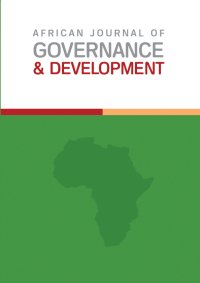Acting in Solidarity: A Phenomenological Study of the Global Response to COVID-19 and Common Good Concept
Main Article Content
Abstract
This socio-phenomenological study examines the responses of the global community to the outbreak and spread of the novel coronavirus disease 2019 (COVID-19) as a global pandemic. The analysis focuses on the understanding of “common good”, arguing that certain assumptions underpinning the discussion around global cooperation and acting in solidarity are weighed down by a strong commitment to the neoliberal social order whose hegemony remains unchallenged till date. In offering an alternative lens through which to (re)appreciate the importance of our collective commitment to common goods such as the public health which COVID-19 threatens, the paper utilises a hybrid perspective drawn from both an African (Afro-) relational framework (ARF) and Social Connection Model (SCM) of Young. The emerging theoretical understanding underscores the salience of ‘other’ regarding or inter-subjectivity hinged on the narrative of common humanity and the interconnectivity and interdependence of (social) systems and things. Selected use of speech acts and the flow of misinformation (infordemic) to undermine responses and acting in solidarity were used to illustrate lessons from what has been done, and what to look forward to in the management of the pandemic and its impact.
Article Details

This work is licensed under a Creative Commons Attribution-NonCommercial-NoDerivatives 4.0 International License.
